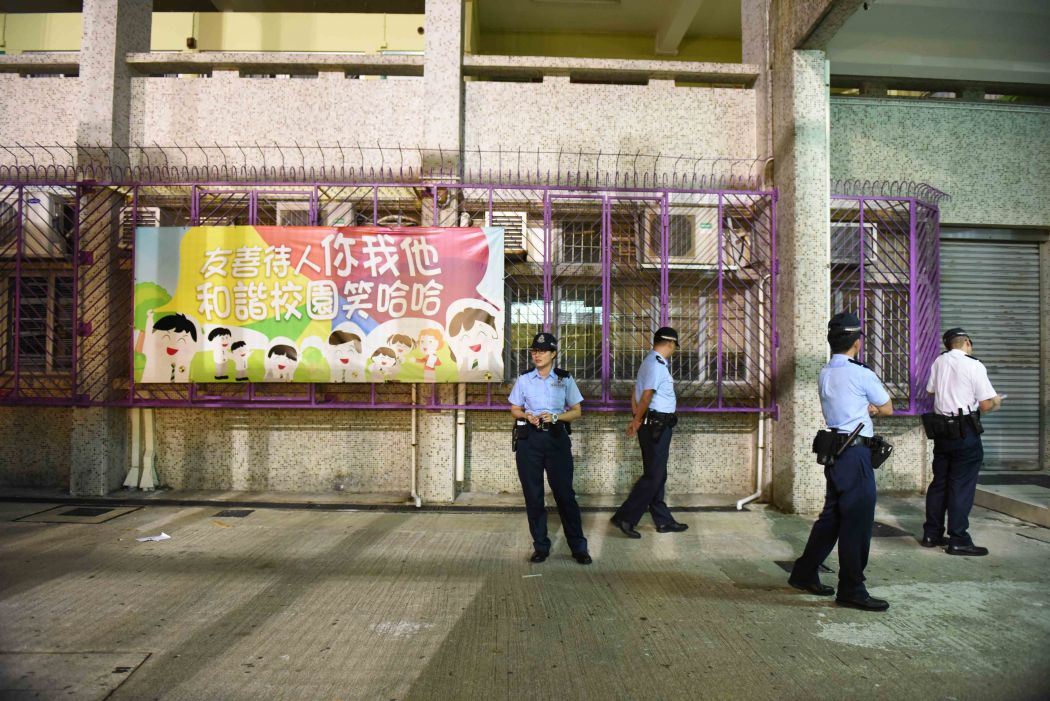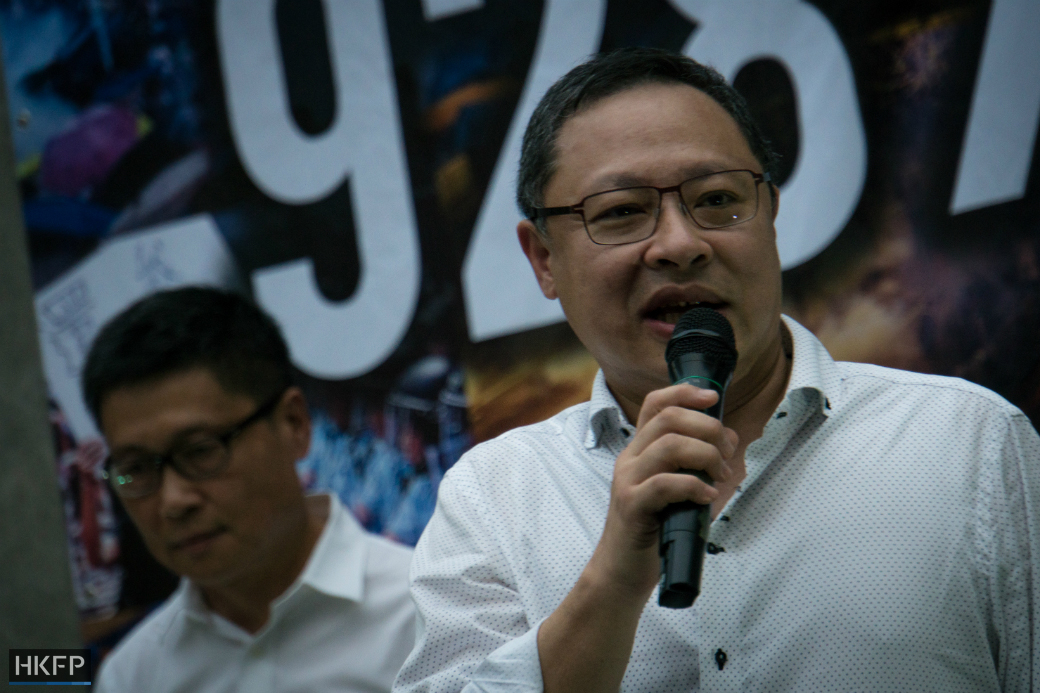The government has asked lawmakers to discuss regulating election surveys on, or before, polling days in order to rein in the use of vote coordination. Though there was no mention of any specific targets, the regulations could affect a strategic voting platform used by the pro-democracy camp in the last election.
The Legislative Council’s Panel on Constitutional Affairs is to discuss a paper submitted by the Constitutional and Mainland Affairs Bureau next Monday.
The paper invited lawmakers’ views on whether opinions posted by candidates on social media should still be considered as election ads, and whether there should be a campaigning cooling-off period ahead of elections. The final question for lawmakers was whether exit polls on election day, or any kind of surveys on voting preferences before the day, should be more tightly regulated.

“There were also media reports that some people intended to use the results of such surveys for the matching of votes,” the paper said, without naming any programme.
It said some lawmakers have expressed concerns over election surveys, and suggested “curbing the use of election survey results to allocate or canvass votes in an unfair manner during the poll.”
It asked lawmakers to consider whether the announcement or disclosure of survey results, or whether the making of specific remarks or predictions on the performance of individual candidates, should be prohibited on or prior to polling day.
ThunderGo
In September’s Legislative Council election, law professor Benny Tai’s ThunderGo Plan was influential in swinging the election’s results. The platform gathered voting preferences of pro-democracy candidates and gave voters suggestions in order to vote tactically.
Voters were able to indicate their voting preference using the platform before the poll. Voters who joined were then given specific instructions on who to cast their vote for before the election day. Final tactical vote instructions – in order to “save” selected hopefuls – were published on the night of the election day, after an internal discussion by participants.
Currently, organisations conducting exit polls have to sign a declaration stating that they will not announce any findings before the end of the election. But such guidelines do not apply to online discussions, nor do they affect those issuing instructions to voters for the purpose of strategic voting.
‘Freedom of expression’
Tai told RTHK that the law only banned forcing others to disclose their voting preferences, but did not ban people from proactively disclosing their preferences, that such ban would hurt freedom of expression and violate the Bill of Rights.
“We must have a strong reason before restricting freedom of expression,” he said. “If [the platform] is affecting the fairness of elections, how so? Even if the Legislative Council or the Electoral Affairs Commission passed the ban, it will receive a court challenge anyway.”

Starry Lee Wai-king, chair of the pro-Beijing DAB party, supported regulating election surveys.
“If there are too many surveys, they can certainly easily affect voters’ preferences – they can allow those who want to affect the results to use this existing legal loophole,” she said.
She said her party did not conduct any polls during the election day, and she believed any upcoming limitations would cover everyone.
“As we push for democratic elections, we have to defend the fairness of elections – such practices exists in other democratic countries,” she said.
